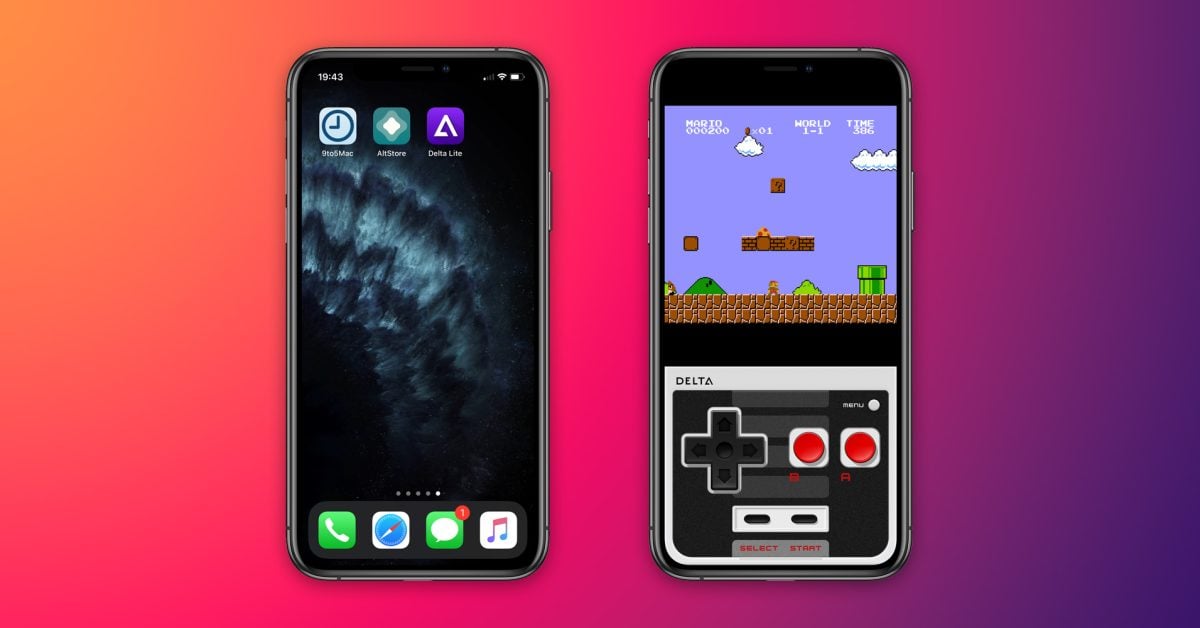

. I think once we critical mass joins with their buying power, things should change.
Yeah me too, but for that to happen you need to get: Adobe CC, MS Office, Autodesk and a few others the masses use as native desktop apps. The Linux Desktop year will not come until those exist… and until GNOME fixes their shit and stop thinking their users are stupid and desktop icons are useless.



















Those are alternatives not the 100% compatible solutions that professionals who spend 8h/day in front of those tools need.